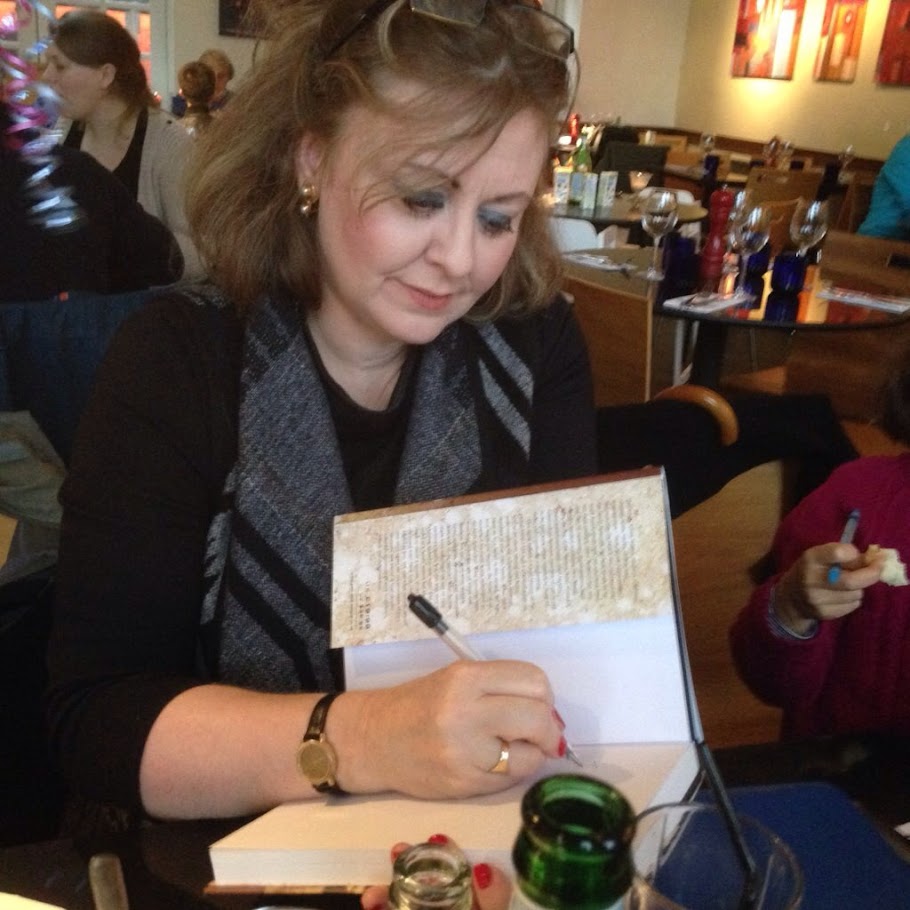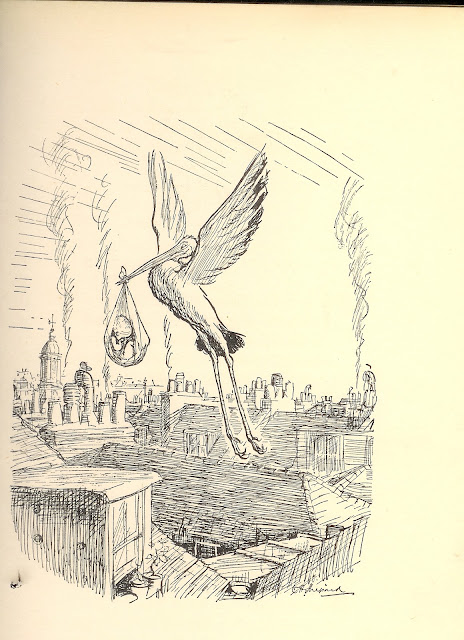12. British History Online
A digital library, (founded by the Institute of
Historical Research and the History of Parliament Trust in 2003), of key
printed primary and secondary sources for the history of Britain and
Ireland mainly between 1300 and 1800.
13.
Humanities Text Initiative
Whilst
this huge database (hosted by the University of Michigan) focuses on
American history, there is a section on British and Irish studies. Of particular
interest might be the links to Eighteenth
Century Collections Online (www.quod.lib.umich.edu/e/ecco/)
and Early English Books online (www.quod.lib.umich.edu/e/eebogroup/).
14. Europeana Collections
www.europeana.eu/portal/en
Explore 53,050,578 artworks, artefacts, books, videos
and sounds from across Europe. Explore 53,050,578 artworks, artefacts,
books, videos and sounds from across Europe.
A multi-lingual portal
for over 53 million artefacts including searchable books (as well as
images, music, and multimedia) housed in museums and other cultural
institutions across Europe.
15. World Digital Library
www.wdl.org
Content
includes books, manuscripts, maps, newspapers, journals, prints and
photographs, sound recordings, and films which can be browsed by place,
time, topic, type of item, language, and contributing institution. Each item
is accompanied by an item-level description (in seven different languages)
that explains its significance and historical context. Books, manuscripts,
maps, and other primary materials on the site are presented in their
original languages (one of over a hundred!) and are not translated.
 |
| Man and Woman Reading a Book, Carl Mautz Collection of cartes-de-visites photographs By Beinecke Library [CC BY-SA 2.0 (http://creativecommons.org/licenses/by-sa/2.0)], via Wikimedia Commons |
Some specialist digitised book collections
There are, of course,
many, many, more online digital libraries focusing on particular subject
areas or offering specialist services. These might include, for instance, books
about a particular region, a particular time period or a particular discipline
such as politics, religion or literature. These libraries might offer books
in different languages, or in different formats, and e-texts to ‘borrow’ as
well as to keep. Here are a selected few of the best just to whet your
appetite.
1. National
Library of Wales
Includes
25,000 e-books many of them available in Welsh and on Welsh themes.
www. specialcollections.le.ac.uk/cdm/landingpage/collection/p16445coll4
Digitised local and trade directories for England and Wales, 1760s to
1810
3. Histories of Scottish Families
www.
digital.nls.uk/histories-of-scottish-families
Collection of histories of old Scottish families digitized by the
National Library of Scotland. Transcriptions have been provided for each
page.
4. Manx Note Book
General information on the Isle of Man in history including some
full-text digital books and old guidebooks.
5.
Victorian Women Writers
www.
webapp1.dlib.indiana.edu/vwwp/welcome.do
Transcriptions of works by lesser-known British women writers of
the 19th century, including poetry, novels, children's books, political
pamphlets, and religious tracts. Hosted by Indiana University.
|
|
6. Fabian Society
www. digital.library.lse.ac.uk/collections/fabiansociety
Digitised versions of papers and
published tracts by members of the Fabian society (1884-2000) – a great
influence on the Labour movement.
Early members included George Bernard Shaw, Sidney Webb and Emmeline
Pankhurst.
www.marxists.org/
Includes digitised seminal texts by key Marxists which can be
downloaded.
8. Wellcome Library Digital Collection
www.wellcomelibrary.org/collections/digital-collections/
The
Library's digital collections include books on a wide variety of topics,
including asylums, food, sex and sexual health, genetics, public health and
war.
9. International Children’s Digital Library
www.
en.childrenslibrary.org
A collection
of historical and children’s books from around the world in many different
languages. The site is hosted by the International Children’s Library
Digital Foundation.
10. World War One Document Archive
Includes digitised documents and books relating to World War One.
11. Bartleby (Literature)
www.bartleby.com
Literature, reference and
verse including a digital version of the Bible online, should you need
one!
12. Open Library
This American site has
thousands of free e-books and many more which can be ‘borrowed’ for two
weeks. It is helpfully organised not only by subject but also by time
period. Many of the books are available in several different formats so
that you can choose the one most convenient to you.
13.
Bibliomania
www.bibliomania.com
Thousands of free e-books,
poems, articles, short stories and plays. This site has the added feature
of a Discussion board at the bottom of the page on any book or author
where you can ask questions or post opinions.
|
14. Eighteenth Century Collections online
If you want to take things a little further back in the past, try this
site for full text versions of many books published in the eighteenth
century.
Boxout: Hands-free: Why not
listen to your books?
In this
busy world, it is sometimes just more convenient to listen to a book in
your car or whilst doing something else, rather than to read it online.
15. Librivox
This is a
non-profit-making organisation, run by volunteers. Anyone - regardless of
accent - can send in audio
recordings of whole books or chapters of books in any language which are
then released back on to the net for free. The texts
are provided by Project Gutenberg (see above) and the Internet Archive (see
above) hosts the audio files.
For other interesting and free audio
books see, Open Culture (www.openculture.com/freeaudiobooks); Thought Audio (www. thoughtaudio.com/); www.etc.usf.edu/lit2go/; and Podiobooks (www.podiobooks.com/).
 |
Woman Reading at a Table (undated) - Collection of National Media Museum, @FlickrCommons @WikimediaCommons
|
Top Tips: Many old books, of course, have not (yet)
been digitised but you can still use the internet to find out the location
of an old-fashioned hard copy. Use either: www.bl.uk or www.copac.jisc.ac.uk/ to search for
titles held in the British Library and UK and Irish academic, national and
specialist libraries. To locate the nearest (ordinary public) library to
you that holds the book you are looking for enter the name of the book and
your postcode at www.bookmarkyourlibrary.org.uk/find-a-book. And if you wish to buy an old book, don’t forget that many rare titles
come up for sale (and often quite cheaply) at www.abe.com and www.amazon.co.uk.
This article first appeared in Family Tree Magazine UK in February 2017
Link to buy my books online UK http://amzn.to/2fDT1gJ
Link to buy my books online USA https://www.amazon.com/-/e/B00LSGAMZS
I tweet at @RuthASymes
Facebook: SearchMyAncestry
For women's history and social history books - competitive prices and a great service - visit:
#ancestors #ancestry #familyhistory #familyhistorybooks #genealogy #ancestryhour, #ruthasymes #ww1 #ancestors #ancestry #familyhistory #familytree #genealogy #ancestryhour #genchat #books #digitisedbooks #onlinebooks #freebooksonline #booksforgenealogistsonline
|

















